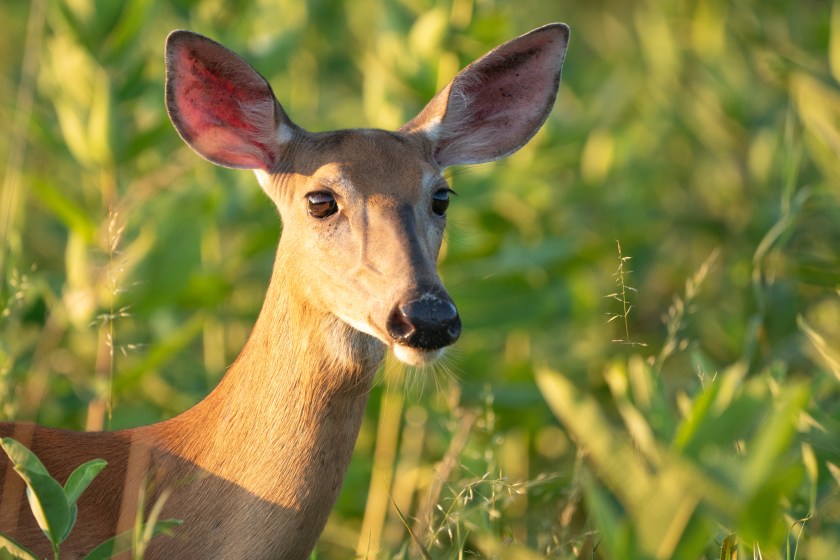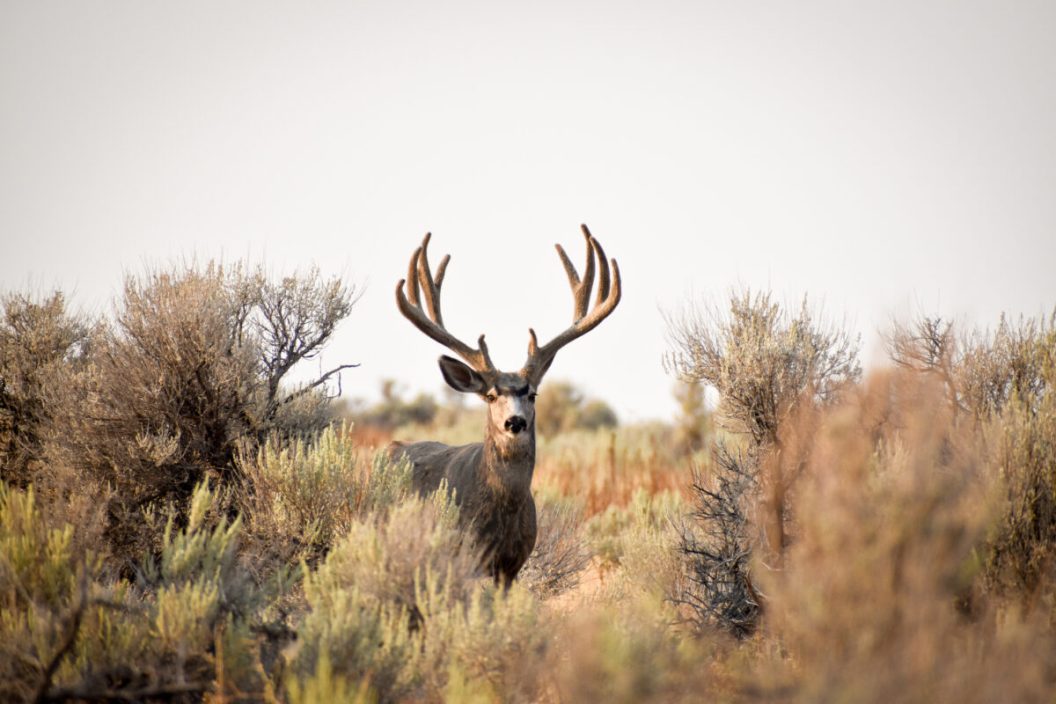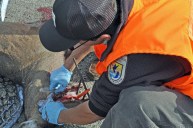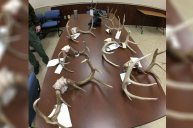Around the country, chronic wasting disease has ravaged deer herds, making the animals act like zombies and killing many. Naturally, we all want to keep it out. So when biologists in South Carolina speculated that an illegally transported deer carcass might have brought CWD to their herds, they sounded the alarm.
Officials confirmed that in 2019, a deer head harvested in Kansas was transported into South Carolina and tested positive for chronic wasting disease, The State reported. Now, three South Carolina men face federal charges stemming from the illegal importation of a deer part from a state where chronic wasting disease has been found in the wild.
The men appeared in court earlier this week in Columbia. Chad Caldwell Seymore faces two federal counts of unlawfully transporting wildlife, while Justin Grady LeMaster and Sean Robert Paschall face one count of the same charge. A U.S. district judge set bond at $20,000 apiece; if convicted, the men could face up to five years in prison.
The 2019 carcass was the first and only time CWD has been confirmed in the state, according to a South Carolina Department of Natural Resources official.
They've been able to keep the deadly disease out in part because the state's strict laws prohibit certain portions of a deer carcass to be transported across state lines, including any whole deer, field dressed deer or intact carcass, any deer head except finished taxidermy, clean skulls or clean skull caps, and any portion of the neck or spine.
What is allowed to be transported: quarters (hams and shoulders) or other portions of meat with no part of the spinal column or head attached; meat that has been boned out; hides with no heads attached; clean skulls with no meat or tissue attached; clean skull plates with antlers attached; and antlers detached from the skull plate; and finished taxidermy heads.
The 2019 CWD-infected deer head that this case centers on was imported into the state with the intention to process the head for display. James Brehm, a lawyer for one of the defendants, said the men weren't aware of South Carolina laws against importing deer from a state where chronic wasting disease was prevalent.
Fast-Spreading Disease

Getty Images/ Arlutz73
While this is the only instance of CWD sneaking into South Carolina, it has spread rapidly in places where the disease has infiltrated wild herds. It's a nasty illness that causes extreme deterioration before ultimately death. Symptoms include weight loss, teeth grinding, loss of coordination, drooling, staggering, and strange behavior such as attempting backflips.
As of this year, CWD in free-ranging deer, elk and/or moose has been reported in at least 40 states in the continental United States, as well as in five provinces in Canada.
READ MORE: Picking a Taxidermist: 6 Things to Look For




